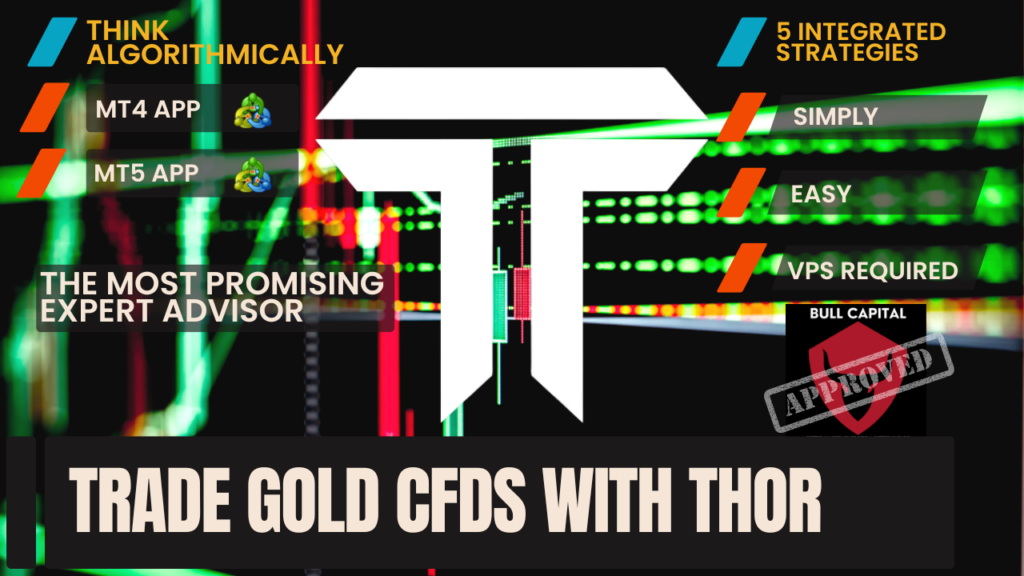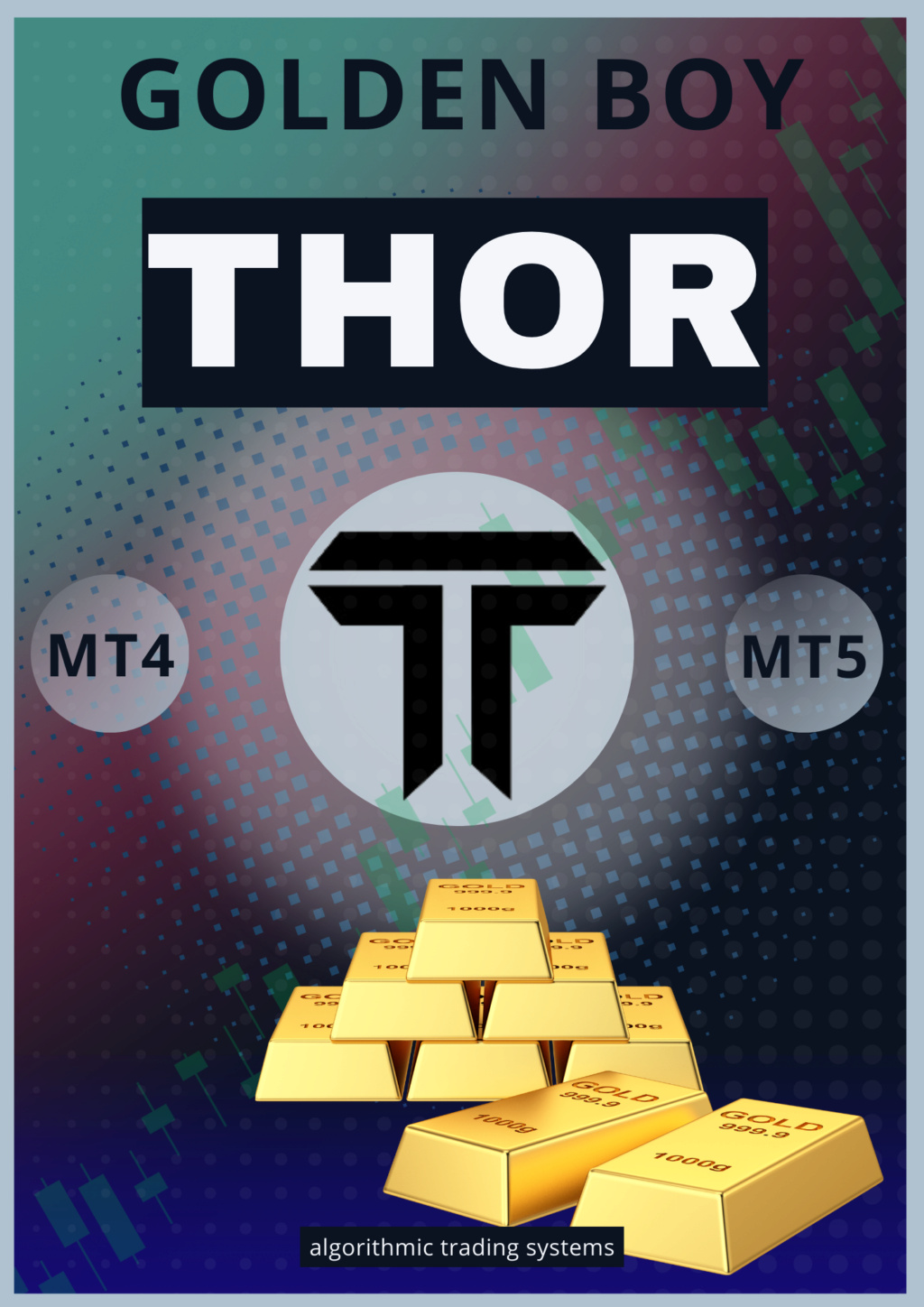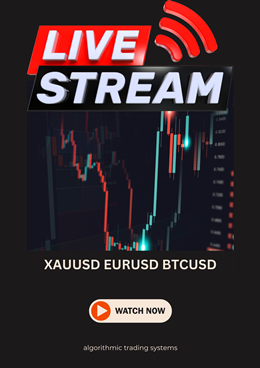One of the most important facets of successful involves position sizing - that is, having a larger position when the market is going your way and smaller positions when it isn't. That concept is treated a little differently in U.S. markets than it is in the United Kingdom and other markets.
In the U.S. stock market investors can buy as many shares as the size of their account can handle. While 100-share increments are more typical, you could buy only a few shares if that's all you could afford.
In the U.S. markets contracts are a specific standardized size. For example, a corn futures contract is 5,000 bushels at the Chicago Board of Trade. At $4 a bushel, the total value of that contract is $200,000. To trade a corn futures contract, you must put up an initial performance bond or good-faith deposit (margin) of about $1,200, an amount set by the exchange.
A number of futures markets have both full-sized and mini-sized contracts, but the point is that if you want to trade any contract, you must have in your account the minimum amount of money required by the exchange for each contract, no matter whether you trade large or small numbers of contracts or whether you have lots of money or only a little money to trade.
A different view
"Spread betting" takes a different approach. Instead of buying or selling a stock or a futures contract, you can bet as much or as little money as you want on your opinion about whether the market will rise or fall. The difference in prices between the time you buy and sell - or sell and buy - is the sole basis for the bet. The amount you bet is up to you.
Although the term is familiar to European traders, "betting" is not a term U.S. trading industry officials like because of its association with gambling; instead, they prefer to call it "speculating."
Regardless what you call it, spread betting operates much like the betting on sports outcomes or like the cashforex market with its bid-ask spreads.
Let's say you have $5,000 (about 2.600) to invest and are interested in buying Toyota Motor Corp. stock, which has been trading in the $130-$135 (68-70) range, a rather lofty level for many small investors. If you pay the full amount for the shares and do not buy on margin in a normal transaction, your trading stake can't even buy 40 shares, assuming you would want to put all your investment money in one stock in the first place.
But, to keep the math simple, let's say you buy 40 shares and sell after the stock rises from $130 to $140 (from 67 to 72), about an 8% advance that puts a $400 (205-210) gain in your pocket (not including commissions or fees and not factoring in possible gains from dividends).
Tailoring your amount ofrisk
Depending on the amount of time you held the Toyota stock, an 8% return isn't so bad. But let's say you want to be a little more venturesome, on the one hand, but yet more conservative on the other because you don't want all of your money tied up in just one stock and would prefer to spread your risks over several stocks or to keep some of it in cash in your account.
With spread betting you can specify how much you are willing to bet on each point change in Toyota's share price, using the bid-ask spread to either buy or sell, depending on your market view. You may be willing to bet only $2 (about 1) per point, using some of your funds to bet on other stocks or other markets. Or you may want to risk $50 (26) or $100 (52) per point on Toyota. You determine the size of your position and the amount of your risk by the amount you are willing to bet.
Like futures, spread betting is also based on margin, which means that you only have to pay a deposit and not the full amount at the time the bet is placed. Normally, the deposit is based on a percentage of the bet. (Keep in mind, of course, that if you bet a larger amount per point and the price of the market goes down from your entry point, your risk will also be much greater than if you bet small. That is a truism in any vehicle where gearing or leverage is a factor.)
Big business in UK
Financial spread betting in the United Kingdom resembles futures and options trading, but there are some differences. In addition to the leverage factor in both markets, one of the big positives of spread betting is that, unlike gains from futures or stock trading in the United States, all of the profits in spread betting are free from capital gains taxes. Spread betting is not only more flexible in terms of position size but in the type of instruments that can be created quickly and easily without needing to go through a regulatory bureaucracy. As in cash forex trading, all bets are between the market-making company and the customer and are not executed or cleared by an exchange.
One disadvantage of spread betting in equities is that you don't own a piece of the company if you are betting on a stock's price, and you have no voting rights and no right to receive dividends. You are not an owner but only a temporary speculator on price change.
Here are some of the markets where spread betting is allowed:
According to Wikipedia, the largest part of the official spread betting market in the UK concerns financial instruments. The leading spread betting firms include IG Index, City Index, Cantor Index, Financial Spreads and CMC, which either make all of their revenues from financial markets or have sports operations dwarfed by the financial side. Figures for the second half of 2006, for example, show that the income derived from financial spread betting at IG Group, the largest of the companies, was 29.3m, compared to 3.8m in sports.
As with any trading where betting or speculation is involved, there is a risk of loss in spread betting, and beginning investors should not get into this type of trading unless they have had adequate training. Some markets are highly volatile, so there is a chance of significant loss if a stop-loss is not in place. Even experienced traders beginning to spread bet should limit their bets to no more than perhaps 5% of their overall portfolio.
Having an idea about the future trend of the market is an important aspect of spread betting. That's where VantagePoint can be extremely helpful because of its high accuracy in forecasting market direction. You don't have to know much about technical analysis or intraday price action but can rely on VantagePoint's forecasted price trends based on intermarket analysis to see probabilities for which way the market is potentially going to move and place your bet accordingly.
In the U.S. stock market investors can buy as many shares as the size of their account can handle. While 100-share increments are more typical, you could buy only a few shares if that's all you could afford.
In the U.S. markets contracts are a specific standardized size. For example, a corn futures contract is 5,000 bushels at the Chicago Board of Trade. At $4 a bushel, the total value of that contract is $200,000. To trade a corn futures contract, you must put up an initial performance bond or good-faith deposit (margin) of about $1,200, an amount set by the exchange.
A number of futures markets have both full-sized and mini-sized contracts, but the point is that if you want to trade any contract, you must have in your account the minimum amount of money required by the exchange for each contract, no matter whether you trade large or small numbers of contracts or whether you have lots of money or only a little money to trade.
A different view
"Spread betting" takes a different approach. Instead of buying or selling a stock or a futures contract, you can bet as much or as little money as you want on your opinion about whether the market will rise or fall. The difference in prices between the time you buy and sell - or sell and buy - is the sole basis for the bet. The amount you bet is up to you.
Although the term is familiar to European traders, "betting" is not a term U.S. trading industry officials like because of its association with gambling; instead, they prefer to call it "speculating."
Regardless what you call it, spread betting operates much like the betting on sports outcomes or like the cashforex market with its bid-ask spreads.
Let's say you have $5,000 (about 2.600) to invest and are interested in buying Toyota Motor Corp. stock, which has been trading in the $130-$135 (68-70) range, a rather lofty level for many small investors. If you pay the full amount for the shares and do not buy on margin in a normal transaction, your trading stake can't even buy 40 shares, assuming you would want to put all your investment money in one stock in the first place.
But, to keep the math simple, let's say you buy 40 shares and sell after the stock rises from $130 to $140 (from 67 to 72), about an 8% advance that puts a $400 (205-210) gain in your pocket (not including commissions or fees and not factoring in possible gains from dividends).
Tailoring your amount ofrisk
Depending on the amount of time you held the Toyota stock, an 8% return isn't so bad. But let's say you want to be a little more venturesome, on the one hand, but yet more conservative on the other because you don't want all of your money tied up in just one stock and would prefer to spread your risks over several stocks or to keep some of it in cash in your account.
With spread betting you can specify how much you are willing to bet on each point change in Toyota's share price, using the bid-ask spread to either buy or sell, depending on your market view. You may be willing to bet only $2 (about 1) per point, using some of your funds to bet on other stocks or other markets. Or you may want to risk $50 (26) or $100 (52) per point on Toyota. You determine the size of your position and the amount of your risk by the amount you are willing to bet.
Like futures, spread betting is also based on margin, which means that you only have to pay a deposit and not the full amount at the time the bet is placed. Normally, the deposit is based on a percentage of the bet. (Keep in mind, of course, that if you bet a larger amount per point and the price of the market goes down from your entry point, your risk will also be much greater than if you bet small. That is a truism in any vehicle where gearing or leverage is a factor.)
Big business in UK
Financial spread betting in the United Kingdom resembles futures and options trading, but there are some differences. In addition to the leverage factor in both markets, one of the big positives of spread betting is that, unlike gains from futures or stock trading in the United States, all of the profits in spread betting are free from capital gains taxes. Spread betting is not only more flexible in terms of position size but in the type of instruments that can be created quickly and easily without needing to go through a regulatory bureaucracy. As in cash forex trading, all bets are between the market-making company and the customer and are not executed or cleared by an exchange.
One disadvantage of spread betting in equities is that you don't own a piece of the company if you are betting on a stock's price, and you have no voting rights and no right to receive dividends. You are not an owner but only a temporary speculator on price change.
Here are some of the markets where spread betting is allowed:
- Indices such as FTSE and NASDAQ
- Individual shares from the FTSE 100 and FTSE 250
- Currencies
- Commodities such as metal and oil
- Short-term and long-term term interest rates
- Futures and options
- Bonds
According to Wikipedia, the largest part of the official spread betting market in the UK concerns financial instruments. The leading spread betting firms include IG Index, City Index, Cantor Index, Financial Spreads and CMC, which either make all of their revenues from financial markets or have sports operations dwarfed by the financial side. Figures for the second half of 2006, for example, show that the income derived from financial spread betting at IG Group, the largest of the companies, was 29.3m, compared to 3.8m in sports.
As with any trading where betting or speculation is involved, there is a risk of loss in spread betting, and beginning investors should not get into this type of trading unless they have had adequate training. Some markets are highly volatile, so there is a chance of significant loss if a stop-loss is not in place. Even experienced traders beginning to spread bet should limit their bets to no more than perhaps 5% of their overall portfolio.
Having an idea about the future trend of the market is an important aspect of spread betting. That's where VantagePoint can be extremely helpful because of its high accuracy in forecasting market direction. You don't have to know much about technical analysis or intraday price action but can rely on VantagePoint's forecasted price trends based on intermarket analysis to see probabilities for which way the market is potentially going to move and place your bet accordingly.

 Events
Events Blog
Blog




